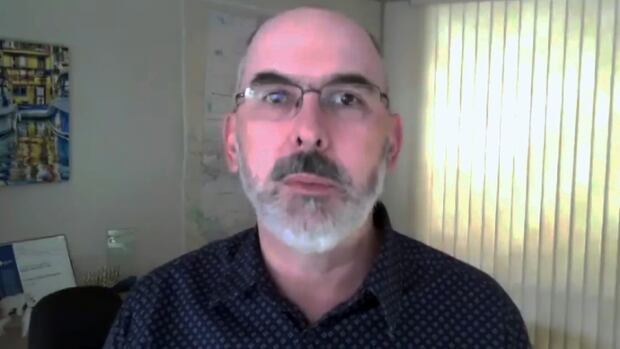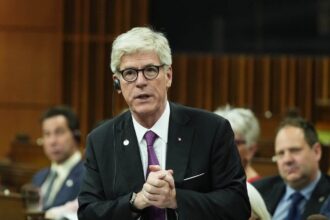In an unprecedented move that sent ripples through British Columbia’s medical community, the College of Physicians and Surgeons of B.C. has permanently revoked the medical licence of Albert de Villiers, the former chief medical health officer for Interior Health. This decisive action follows de Villiers’ conviction on charges of sexual assault and sexual interference involving a child under 16.
The regulatory body’s disciplinary panel issued its ruling after determining that de Villiers’ actions constituted “reprehensible conduct” that fundamentally breached the trust placed in medical professionals. The panel’s decision, released late Tuesday, emphasizes the severity of his violations and their incompatibility with the practice of medicine.
“The gravity of Dr. de Villiers’ misconduct cannot be overstated,” the panel wrote in its decision. “His actions have caused immeasurable harm to the victim and have severely undermined public confidence in the medical profession.”
De Villiers, who once held one of the province’s most trusted public health positions during the early stages of the COVID-19 pandemic, was sentenced to 5.5 years in prison earlier this year following his conviction in January. The charges stemmed from incidents that occurred between 2018 and 2020 while he served as the lead medical health officer for Alberta’s north zone.
According to court documents examined by our CO24 News team, the College’s investigation revealed a pattern of deeply concerning behavior that contradicted the fundamental ethical principles governing medical practice. The disciplinary panel noted that de Villiers’ actions represented “a profound violation of the physician-patient relationship and public trust.”
Beyond the permanent revocation of his licence, the College has ordered de Villiers to pay costs associated with the disciplinary proceedings, estimated at approximately $30,000. Legal experts consulted by CO24 Canada indicate that this penalty, while significant, is secondary to the career-ending nature of the licence revocation.
Health policy analysts speaking to our CO24 Politics desk noted that this case raises important questions about screening processes for leadership positions in public health. “When someone in such a position of authority commits these kinds of offenses, we must examine not just the individual failure but the systemic protocols that allowed them to attain and maintain that position,” said Dr. Elaine Marchand, health policy researcher at the University of British Columbia.
Interior Health, where de Villiers served as chief medical health officer until his arrest in June 2021, has implemented enhanced vetting procedures for senior medical appointments in response to this case. The organization declined to comment specifically on the College’s decision but reaffirmed its commitment to maintaining the highest ethical standards among its medical leadership.
The permanent revocation of a medical licence represents the most severe sanction available to medical regulatory bodies and effectively ends de Villiers’ medical career in Canada. Unlike suspensions, which can be temporary, a revocation of this nature provides no pathway for reinstatement.
As communities across British Columbia process this troubling case, a critical question emerges: How can our healthcare systems better protect vulnerable populations while maintaining the overwhelmingly positive trust relationship between medical professionals and the public they serve?










